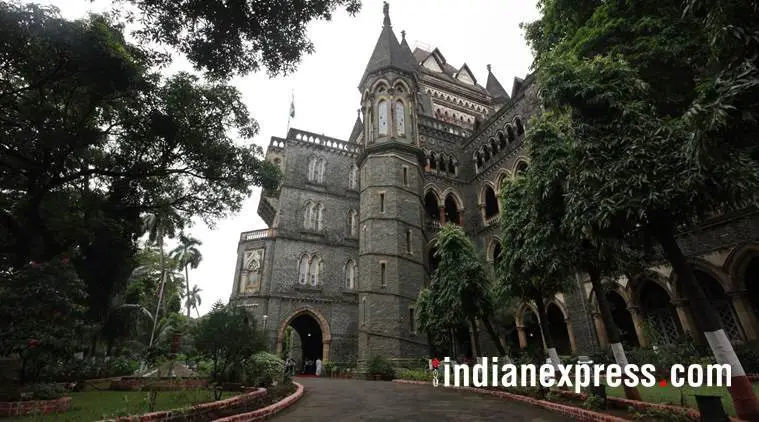Bombay High Court to ASG: Find out from CBDT exact rate of Securities Transaction Tax
The obligation to collect the tax and to pay it to the central government is on the stock exchange.
 The petition states that under the Finance Act, the liability to pay STT is on the constituent trader on the exchange.
The petition states that under the Finance Act, the liability to pay STT is on the constituent trader on the exchange.
The Bombay High Court Thursday told the Additional Solicitor General to take instructions from the Central Board of Direct Tax (CBDT) by August 28 on the exact rate at which Securities Transaction Tax (STT) should be collected from all the members in the equity derivatives segment of the exchange.
A division bench of Justice B R Gavai and Justice M S Karnik was hearing a petition filed by the Association of National Exchange Members of India challenging the “illegal, unjust and arbitrary action” on the part of National Stock Exchange of India (NSEI) in seeking to hold the petitioners’ members responsible for Securities Transactions Tax (STT) leviable on a constituent trader in derivatives which are required to be settled by physical delivery.
The petition states that under the Finance Act, the liability to pay STT is on the constituent trader on the exchange. The obligation to collect the tax and to pay it to the central government is on the stock exchange. At the behest of the stock exchange, the members only act as an agent to collect the STT from the constituent and forward the same to the stock exchange.
According to the National Stock Exchange circular dated July 17, it was decided by the exchange to levy a STT at 0.10 per cent on the settlement price to be paid by the purchaser of the future contract which are settled by way of physical delivery.
Advocate Birendra Saraf told the court that the charge of the tax is on the investor and the obligation to collect it is on the exchange. “Brokers are collecting agents. The obligation of difference in tax cannot be cast on the brokers. If that is done, considering the turnover of futures and options on the exchange, even a difference of 0.10 per cent in the rate of tax will make the brokers bankrupt. The brokers are like a toll collecting agency. They cannot be asked to bear the burden of any difference in toll,” he said.
The court posted the petition for further hearing on August 28.



- 01
- 02
- 03
- 04
- 05




























